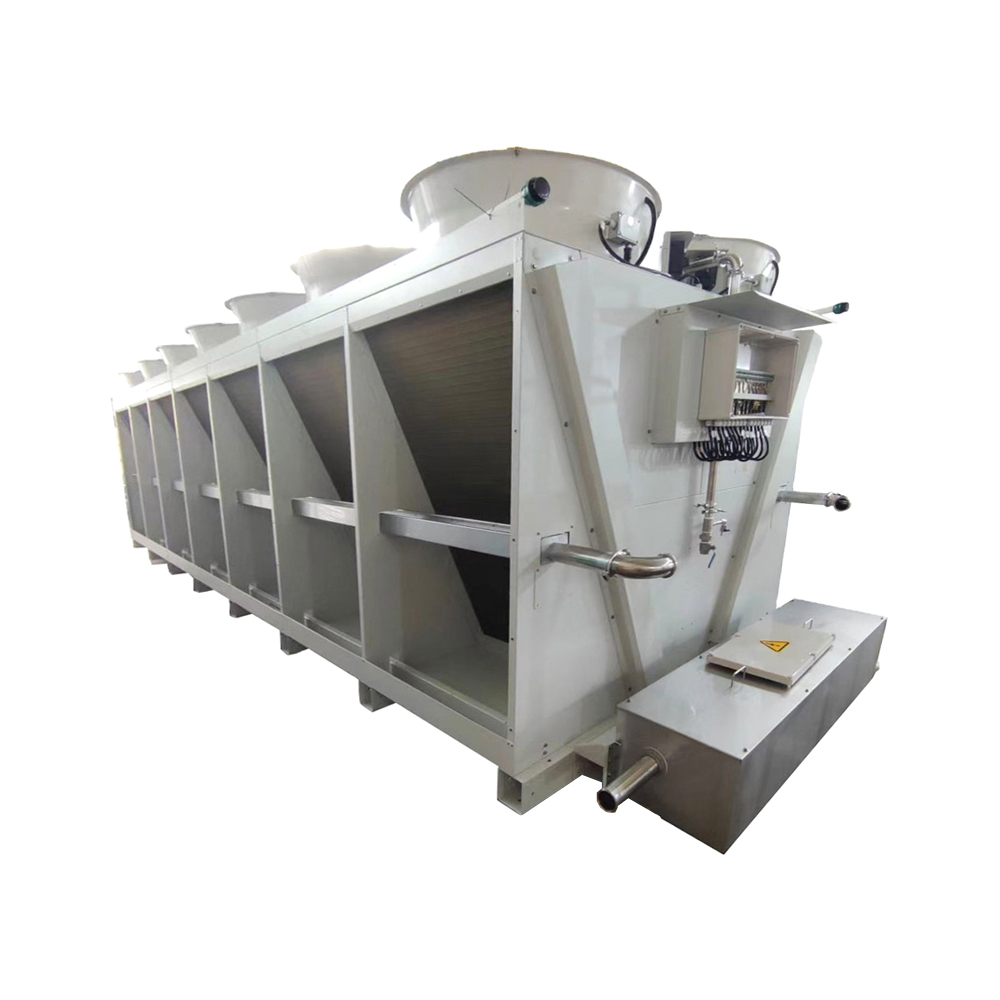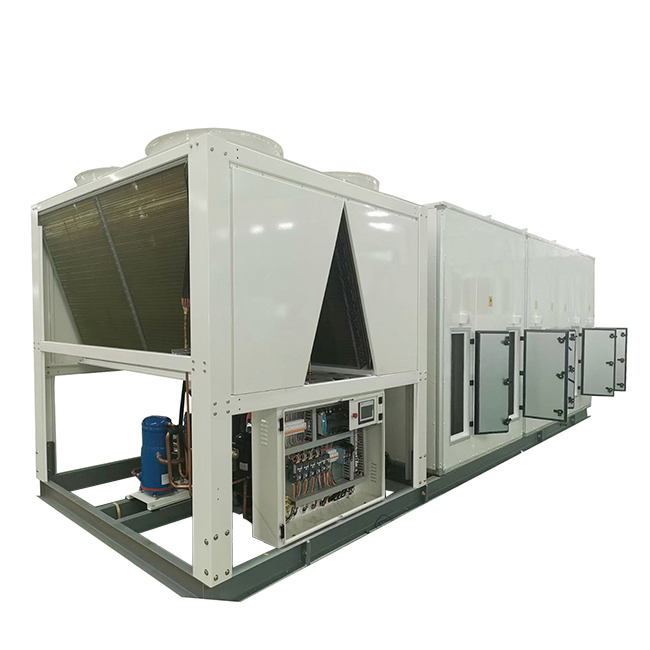Finding the best rooftop air unit for your needs can be overwhelming. This guide breaks down key considerations, including capacity, efficiency, features, and maintenance, helping you make an informed decision. We'll explore various types and brands to assist you in selecting the perfect system for your specific requirements and budget.
Understanding Your Needs: Capacity and Efficiency
Determining the Right BTU Capacity
The British Thermal Unit (BTU) rating indicates the cooling capacity of a rooftop air unit. Accurate calculation is crucial to avoid under- or over-cooling. Factors influencing BTU needs include square footage, climate, insulation, window efficiency, and number of occupants. Consider using an online BTU calculator or consulting with an HVAC professional for precise determination. Undersized units struggle to cool effectively, while oversized units cycle frequently, leading to higher energy bills and reduced lifespan. Shanghai SHENGLIN M&E Technology Co.,Ltd offers expert assistance in this area.
SEER Rating: A Measure of Efficiency
The Seasonal Energy Efficiency Ratio (SEER) measures a unit's energy efficiency. Higher SEER ratings (typically 13-26) indicate better efficiency, translating to lower energy costs over the unit's lifespan. Investing in a higher SEER rooftop air unit may have a higher upfront cost, but the long-term savings can be substantial. Always check the Energy Star rating for energy-efficient models.
Types of Rooftop Air Units
Packaged Units: All-in-One Solutions
Packaged rooftop air units combine the condenser, evaporator, and blower in a single unit, simplifying installation and maintenance. These are popular for commercial applications due to their compact design and ease of access for servicing. They are readily available in various sizes and capacities to accommodate diverse needs.
Split Systems: More Flexibility
Split systems separate the condenser and evaporator, allowing for more flexibility in placement. This configuration can be beneficial in situations with space constraints or specific airflow requirements. However, installation is generally more complex compared to packaged units.
Key Features to Consider
Variable Refrigerant Flow (VRF) Technology
VRF systems offer precise temperature control in different zones, optimizing energy efficiency by only cooling or heating occupied areas. This advanced technology is especially valuable in larger buildings with multiple zones.
Smart Features and Controls
Many modern rooftop air units incorporate smart features like remote monitoring and control via smartphone apps. These features provide enhanced convenience and allow for proactive maintenance and troubleshooting. Some even offer predictive maintenance capabilities.
Noise Levels
Noise levels are an important factor, especially for units installed near residential areas or in noise-sensitive environments. Always check the decibel rating and consider sound dampening options if needed.
Maintenance and Lifespan
Regular maintenance is crucial for optimal performance and extended lifespan. This includes cleaning or replacing air filters, checking refrigerant levels, and inspecting electrical components. Professional maintenance services can help identify and address potential problems early on, preventing costly repairs down the line.
Choosing the Right Brand and Installation
Research different manufacturers and their reputations. Consider factors like warranty, customer support, and availability of parts. Professional installation is critical for ensuring proper functionality and efficiency. A poorly installed unit can lead to performance issues and void warranties. Always choose a licensed and experienced HVAC contractor.
Comparison Table: Top Rooftop Air Unit Brands (Example - Replace with Actual Data)
| Brand | SEER Rating | BTU Range | Warranty |
| Brand A | 18 | 12,000 - 60,000 | 10 years parts, 5 years compressor |
| Brand B | 20 | 15,000 - 75,000 | 5 years parts, 3 years compressor |
| Brand C | 16 | 10,000 - 50,000 | 7 years parts, 5 years compressor |
Note: This is an example table. Always consult manufacturer websites for the most up-to-date specifications and warranty information.
Choosing the best rooftop air unit requires careful consideration of your specific needs and preferences. By understanding the key factors discussed above and working with a reputable HVAC professional, you can ensure that you select a system that provides optimal performance, efficiency, and long-term value.









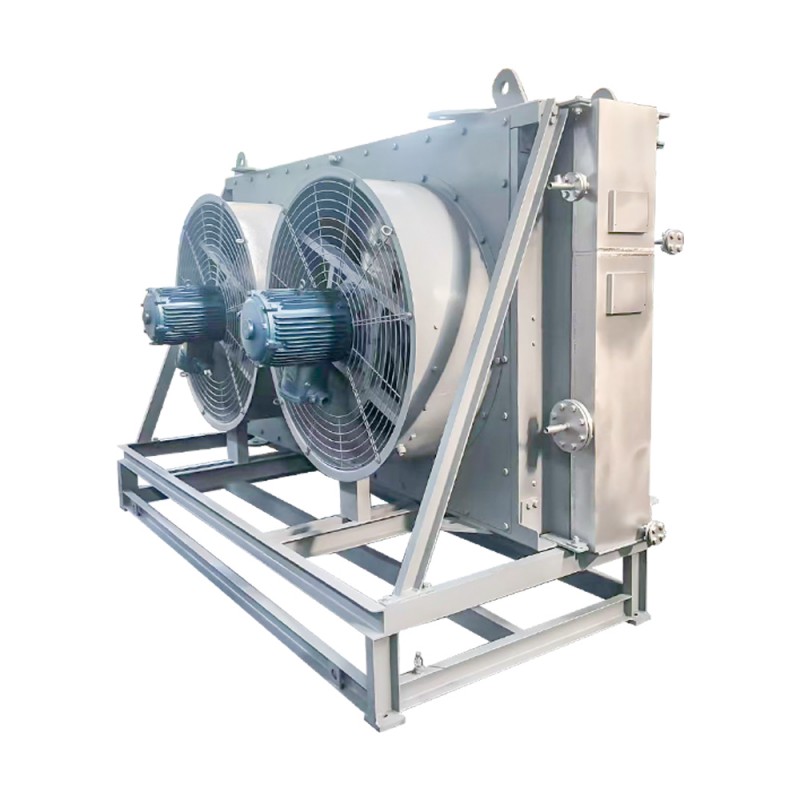
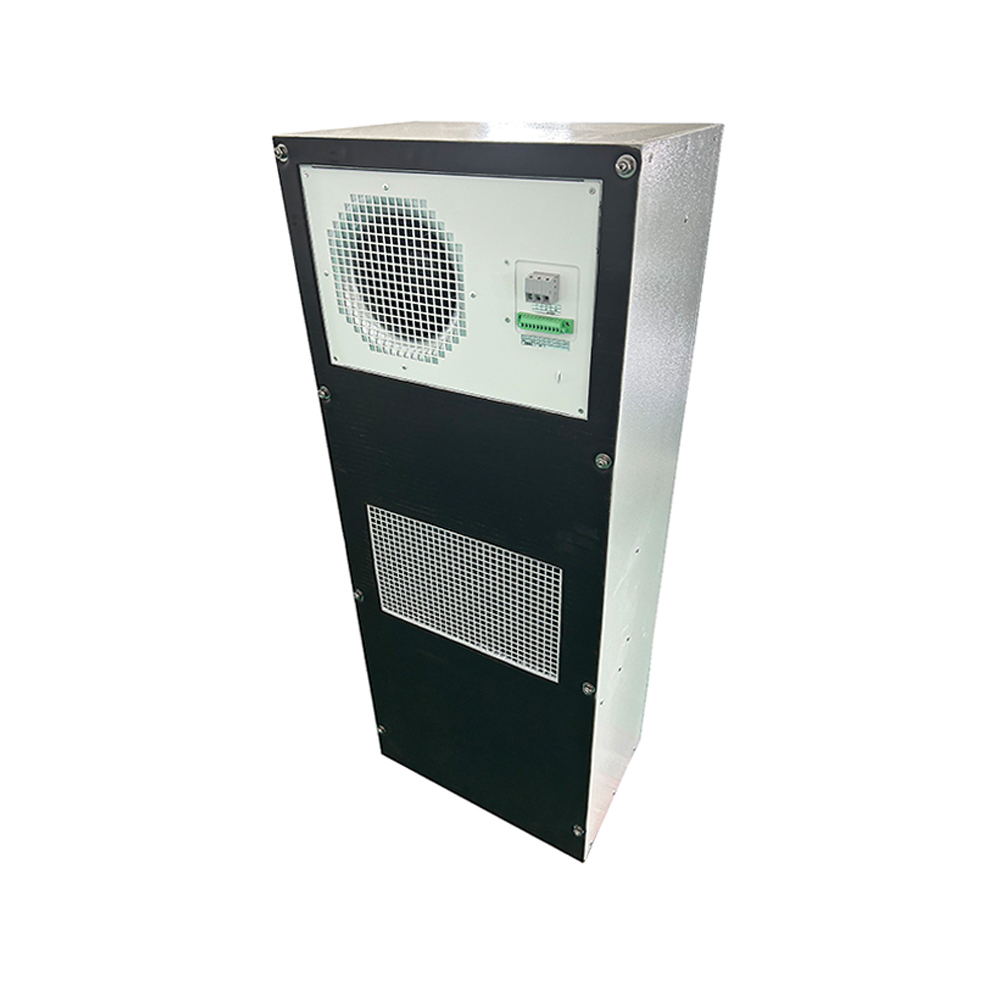
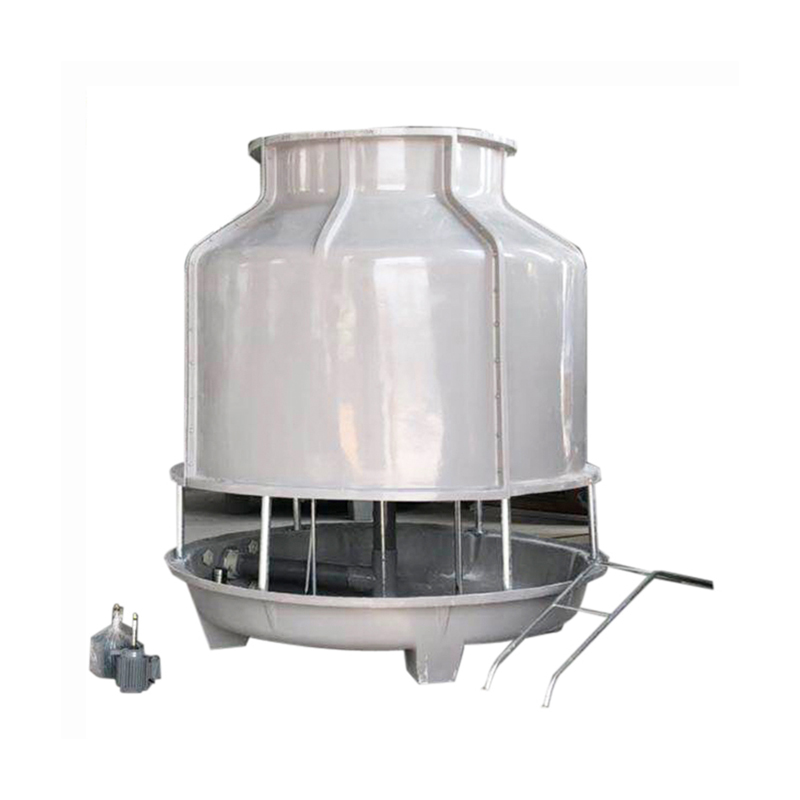
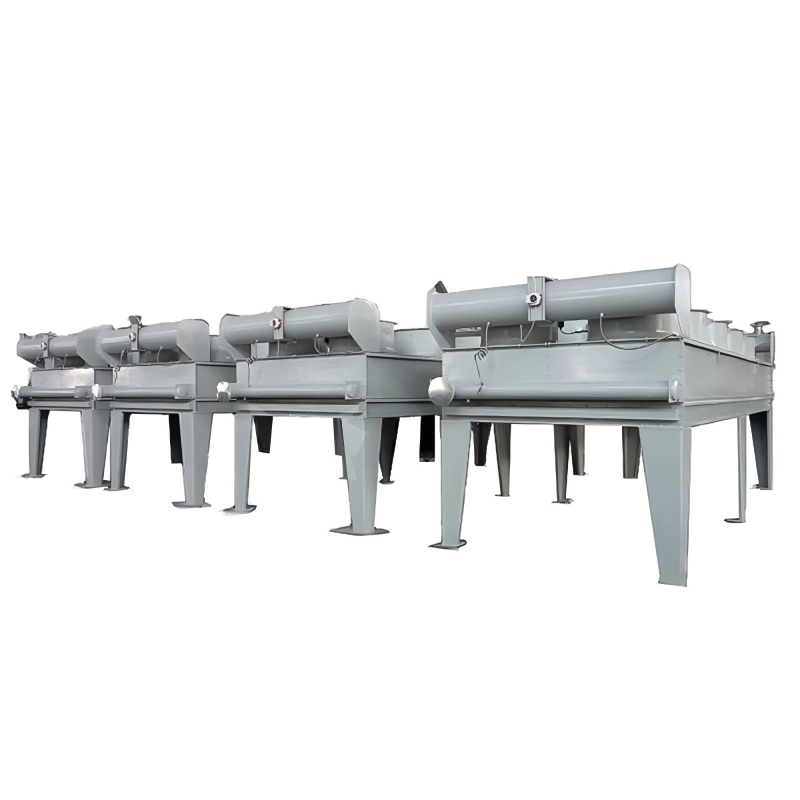
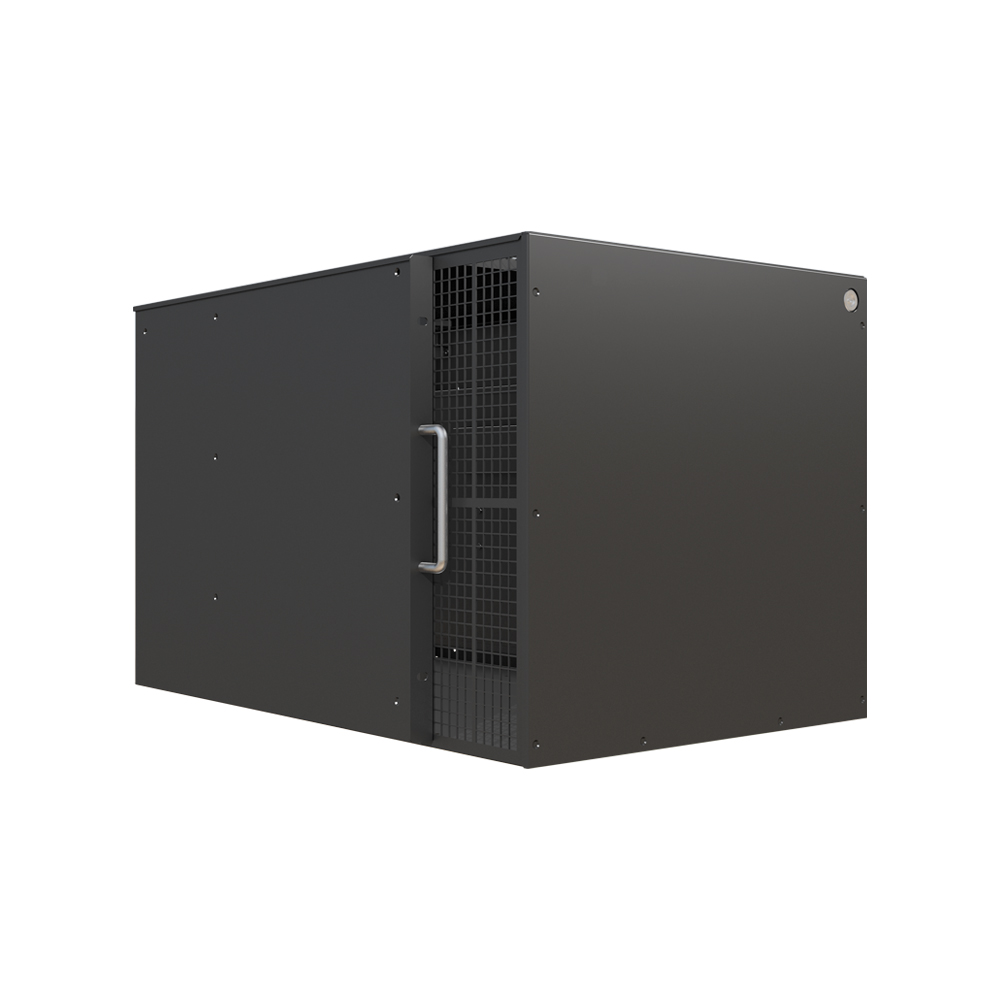
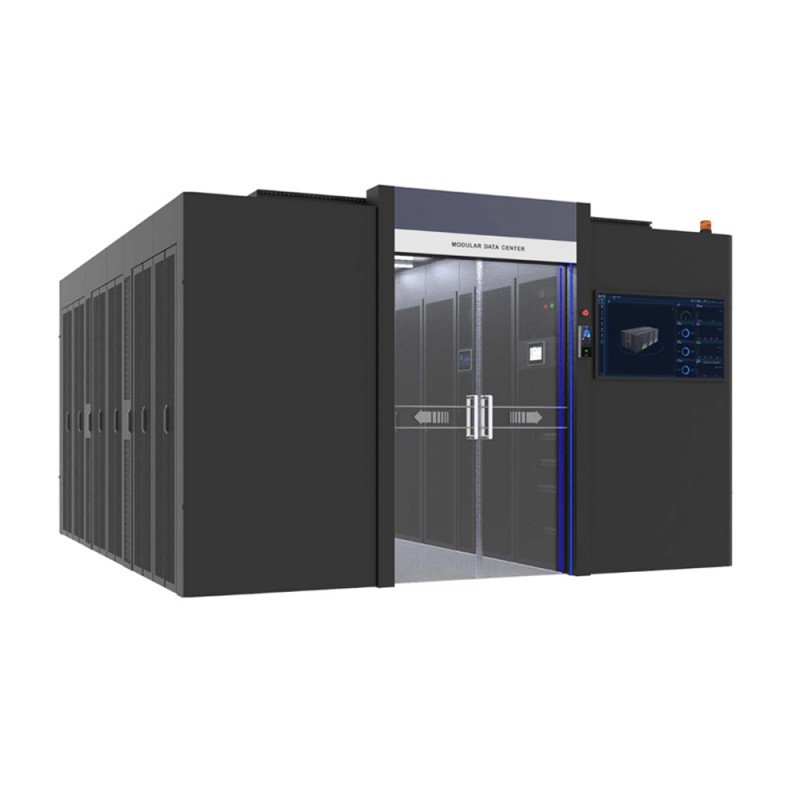
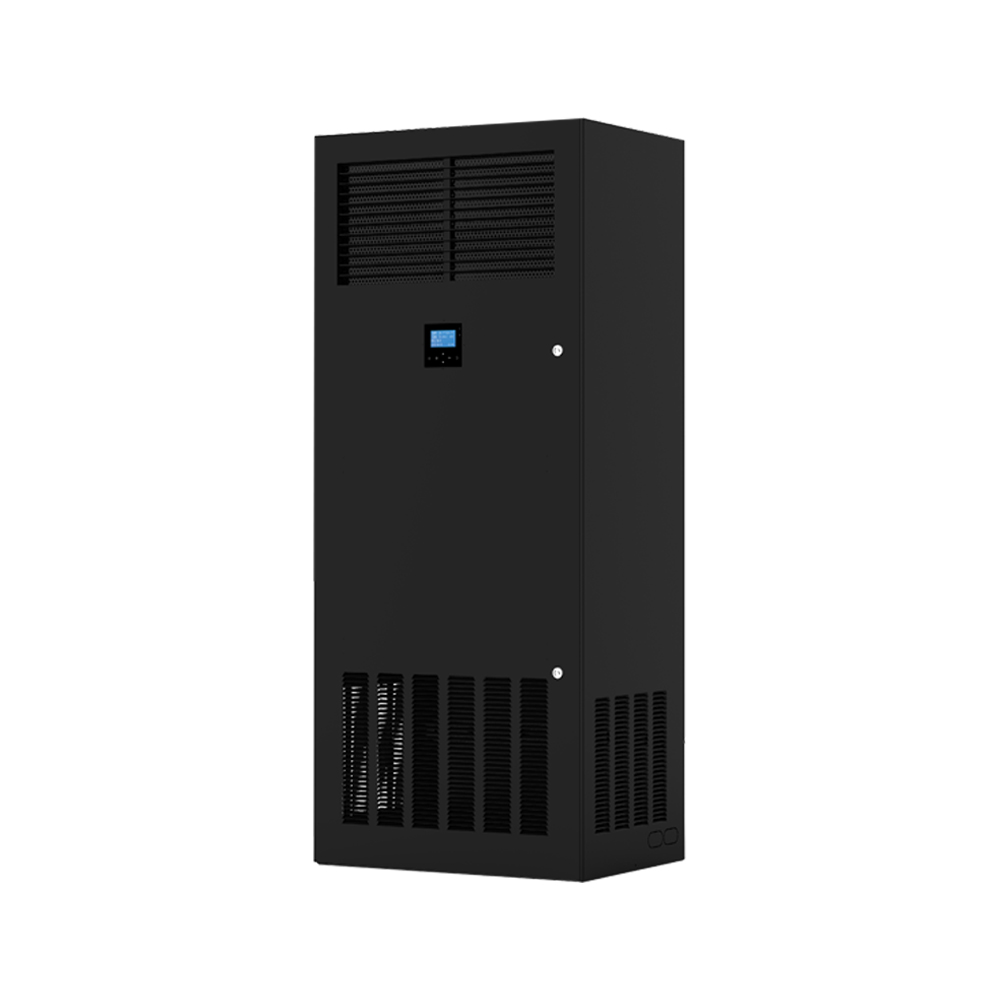
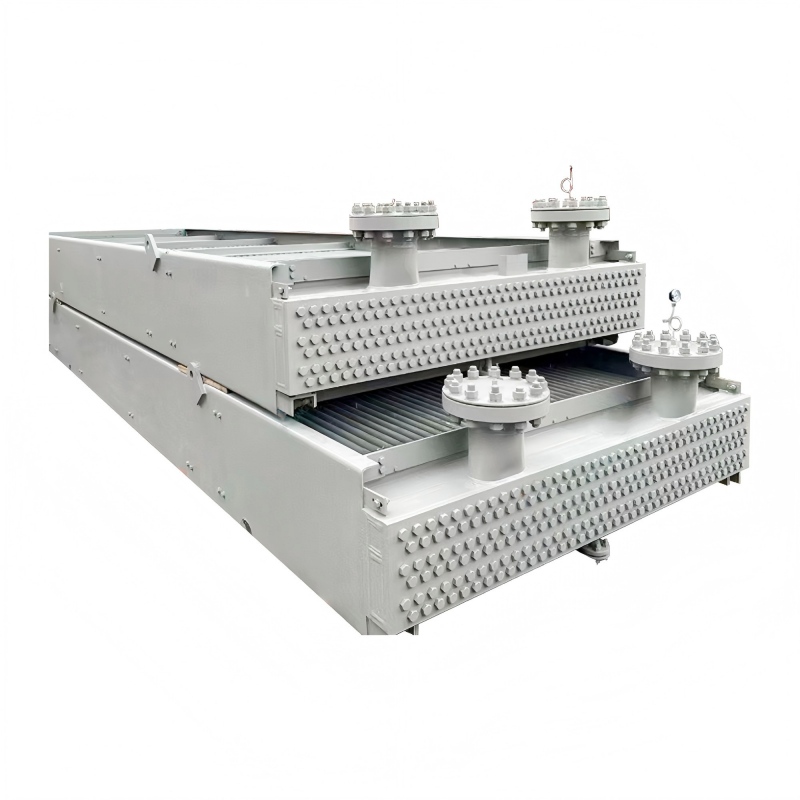

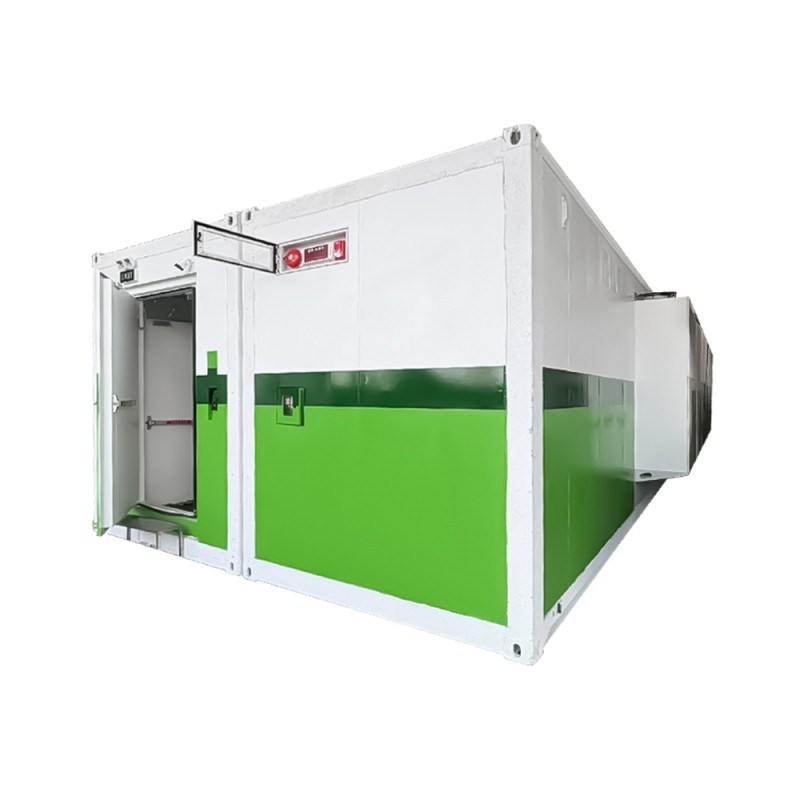
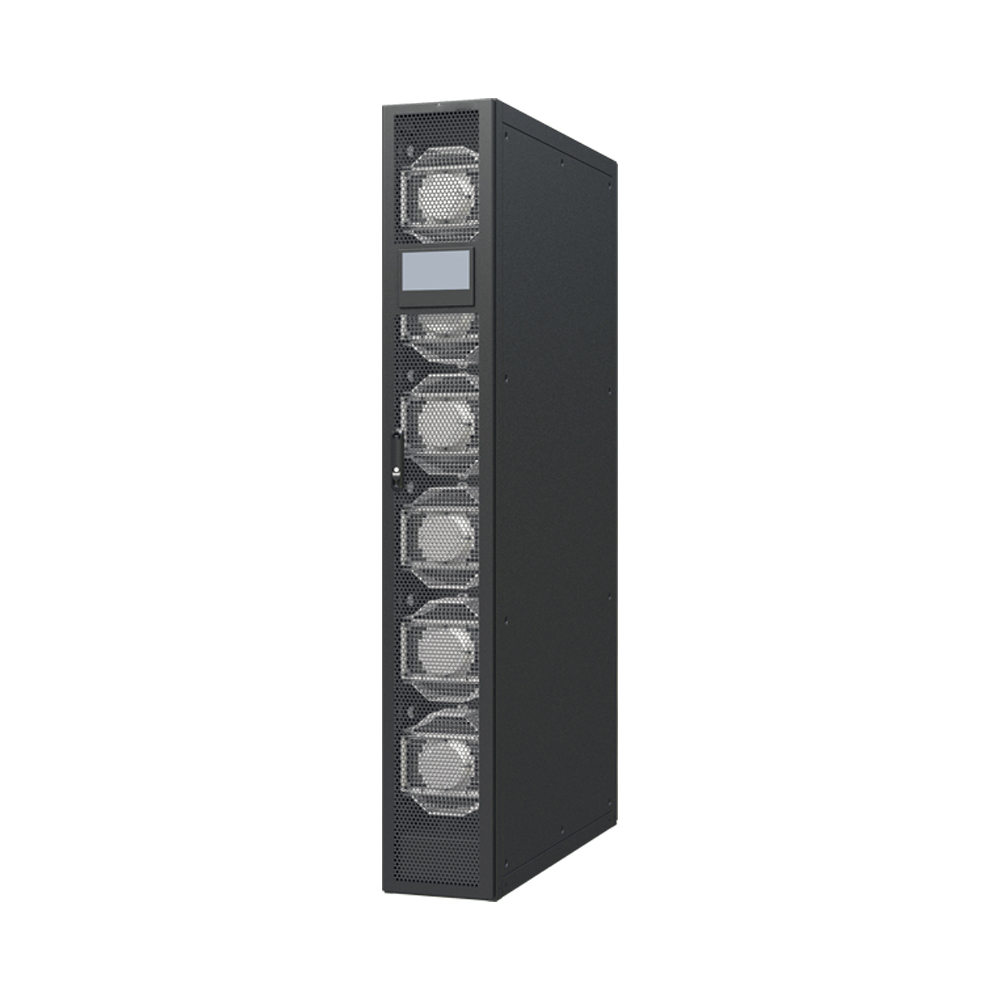
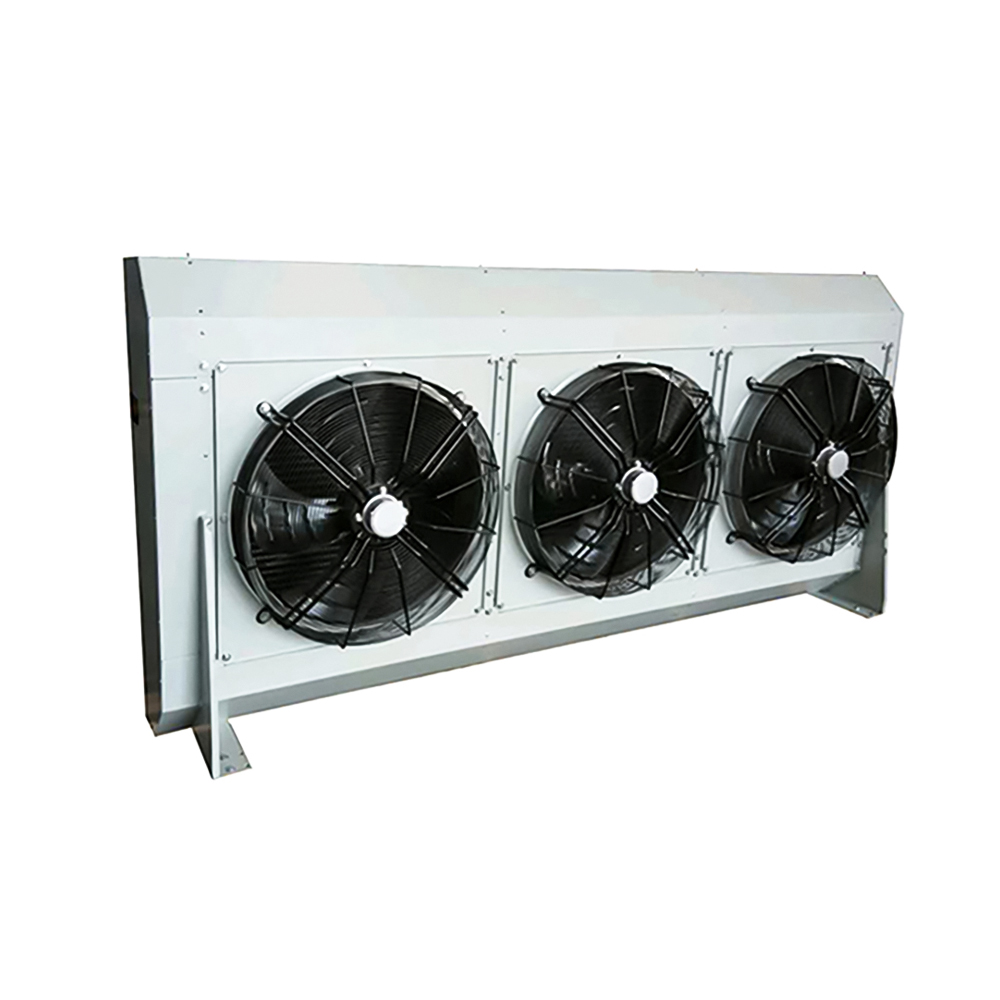
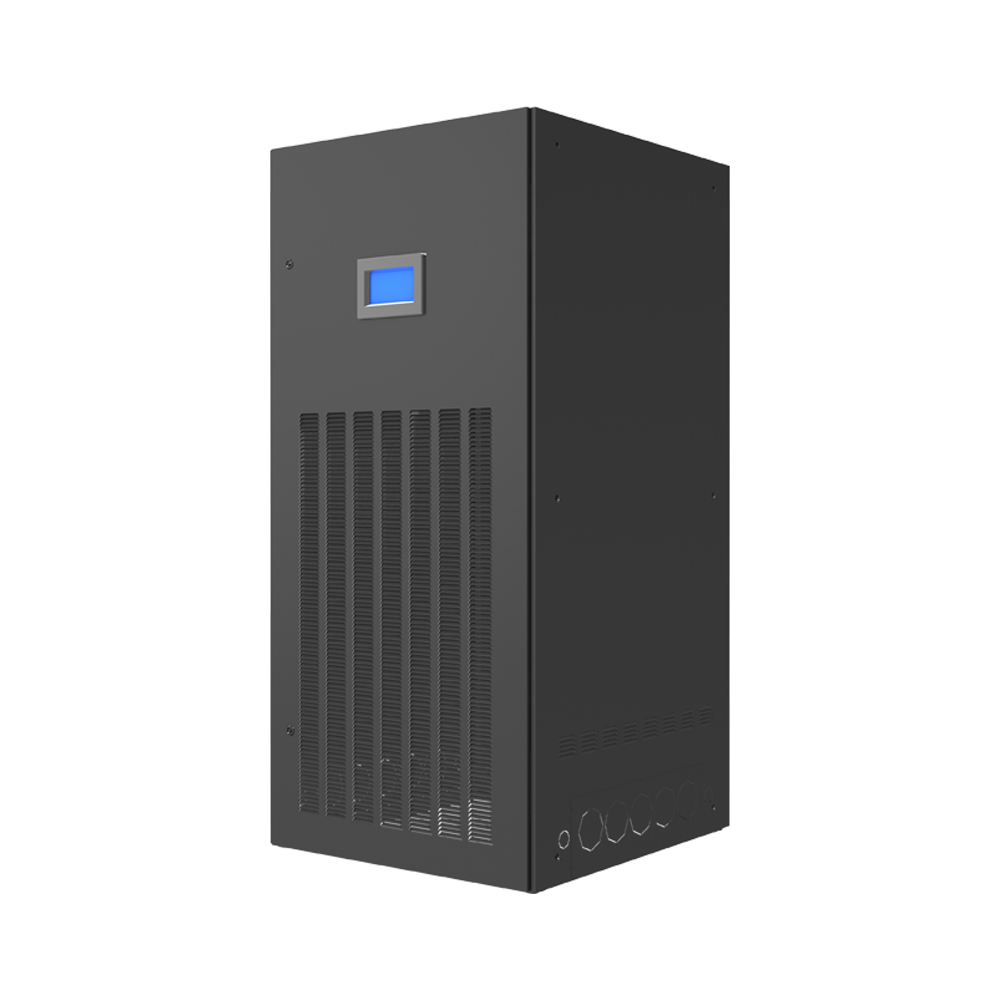
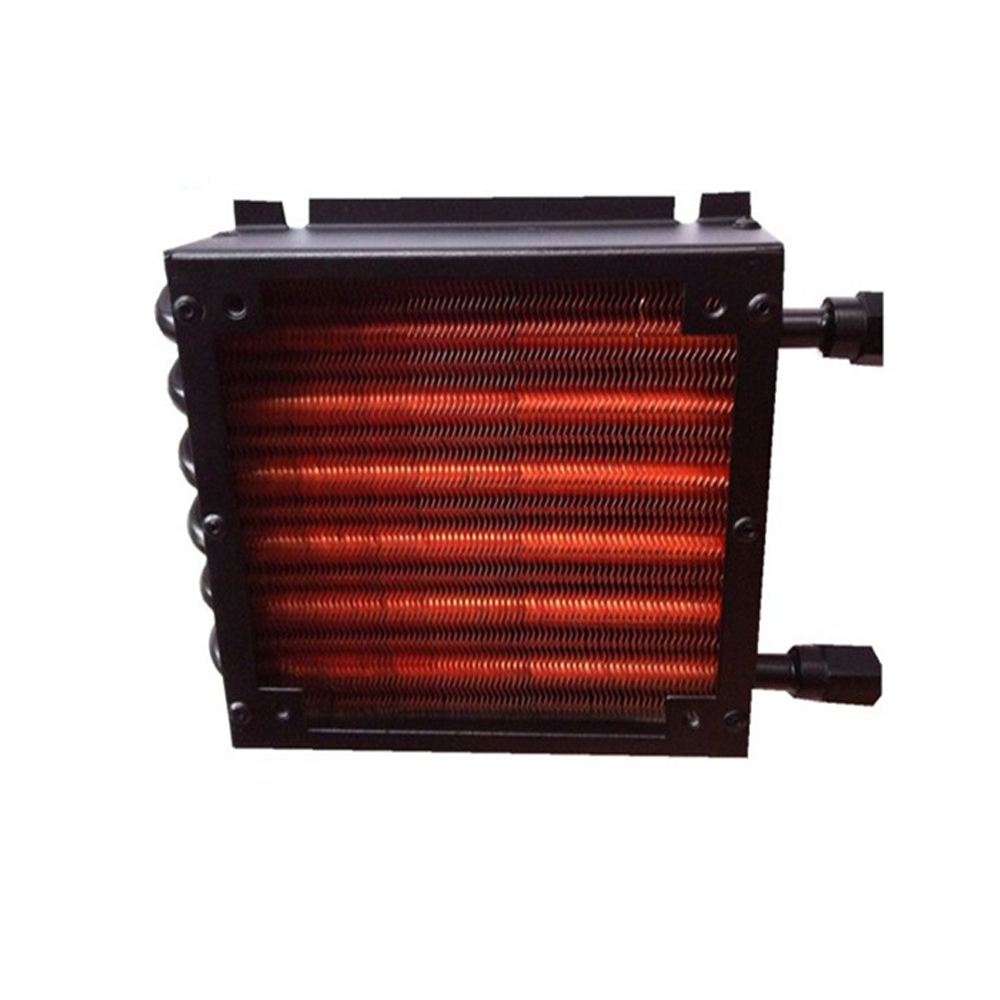
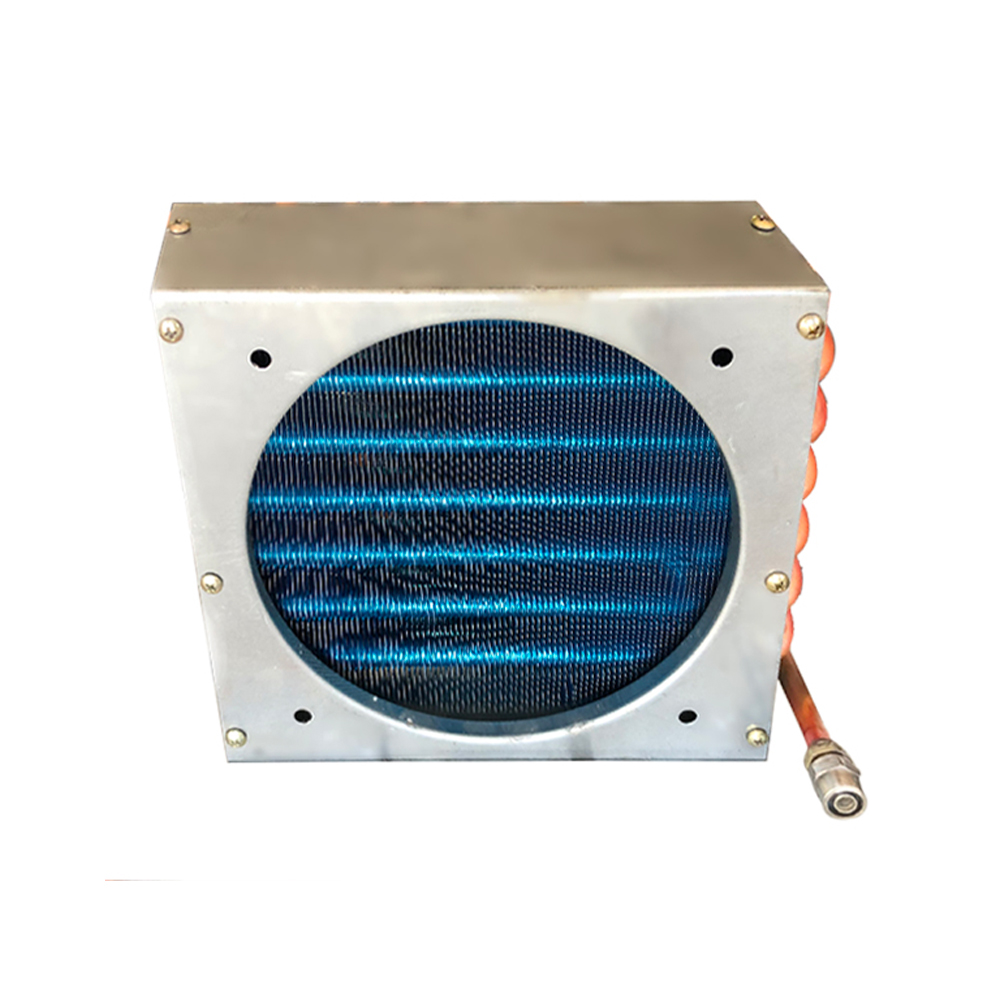
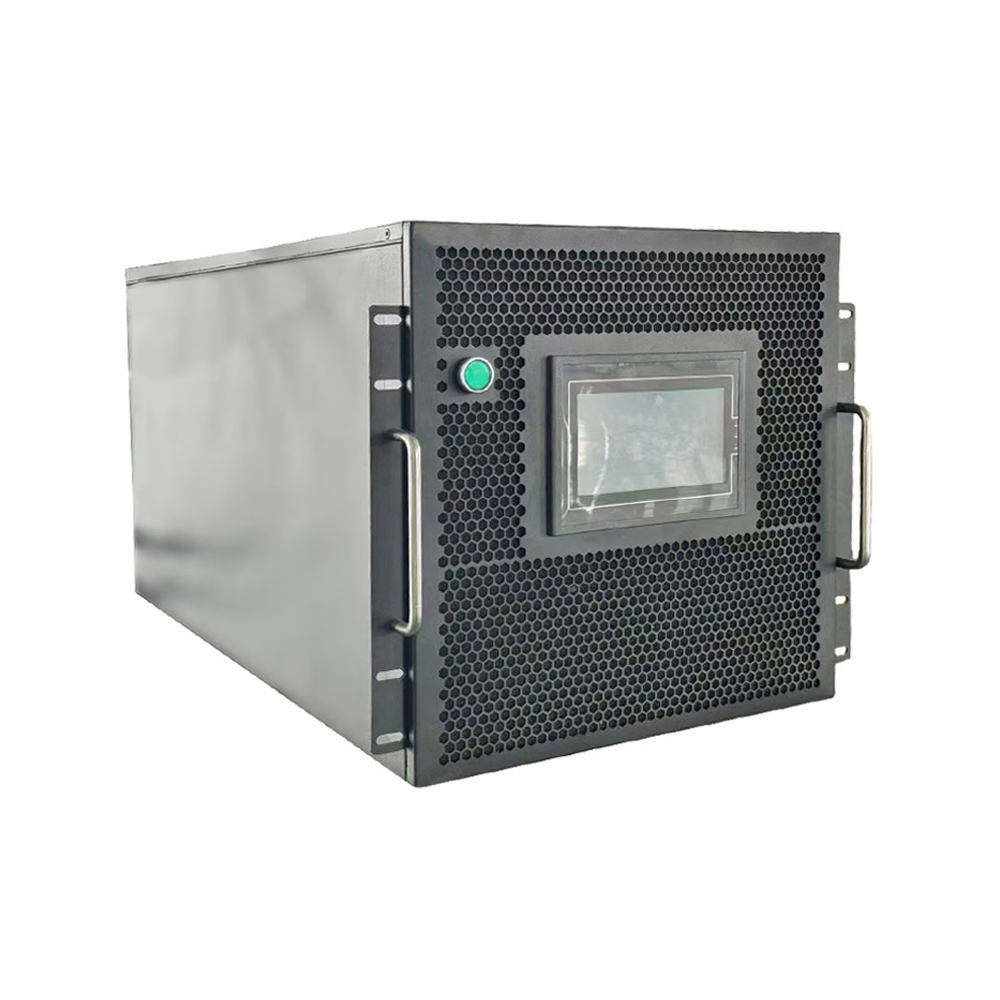
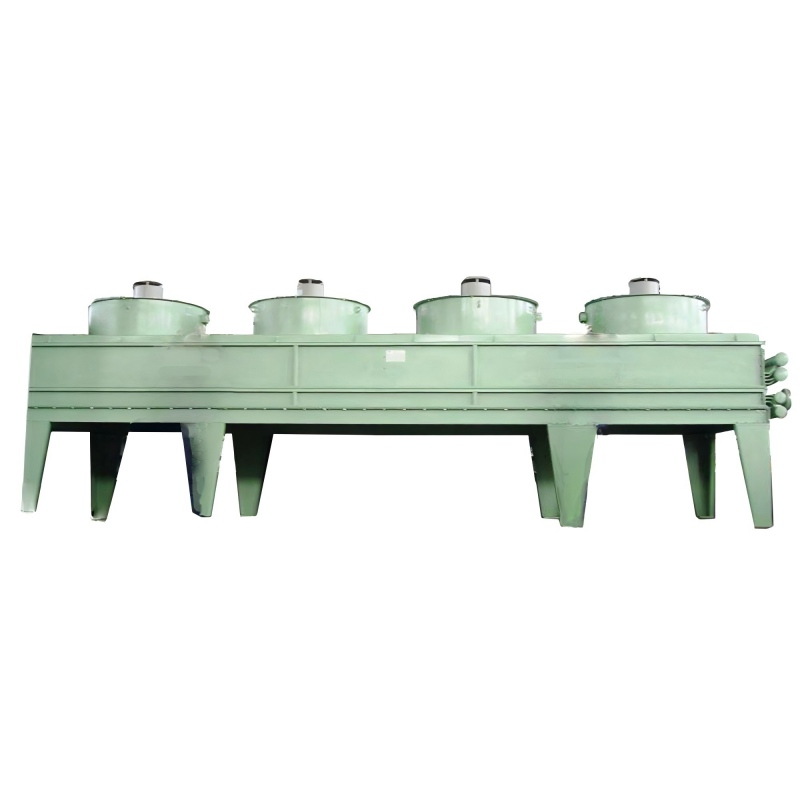
.jpg)
